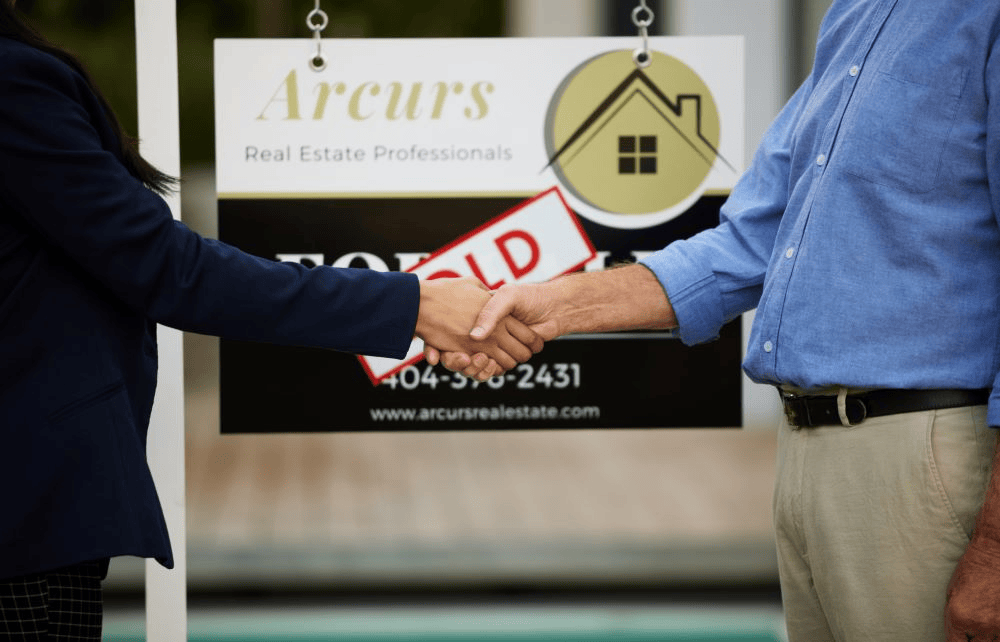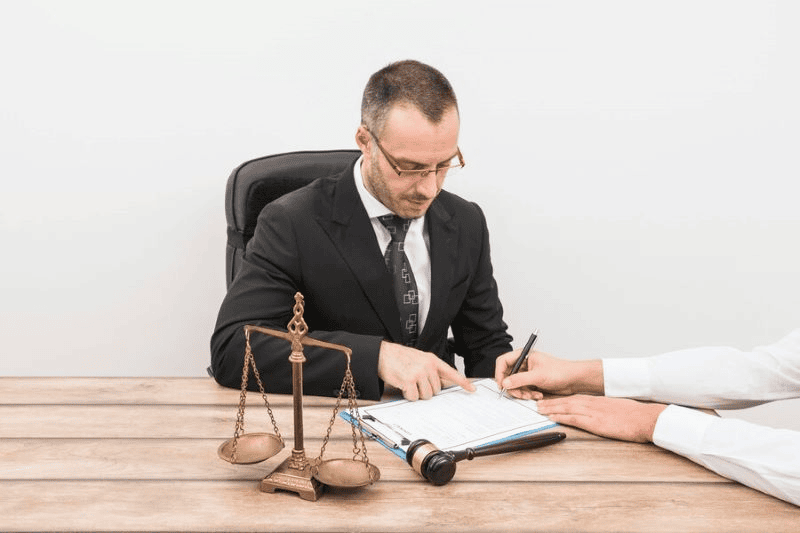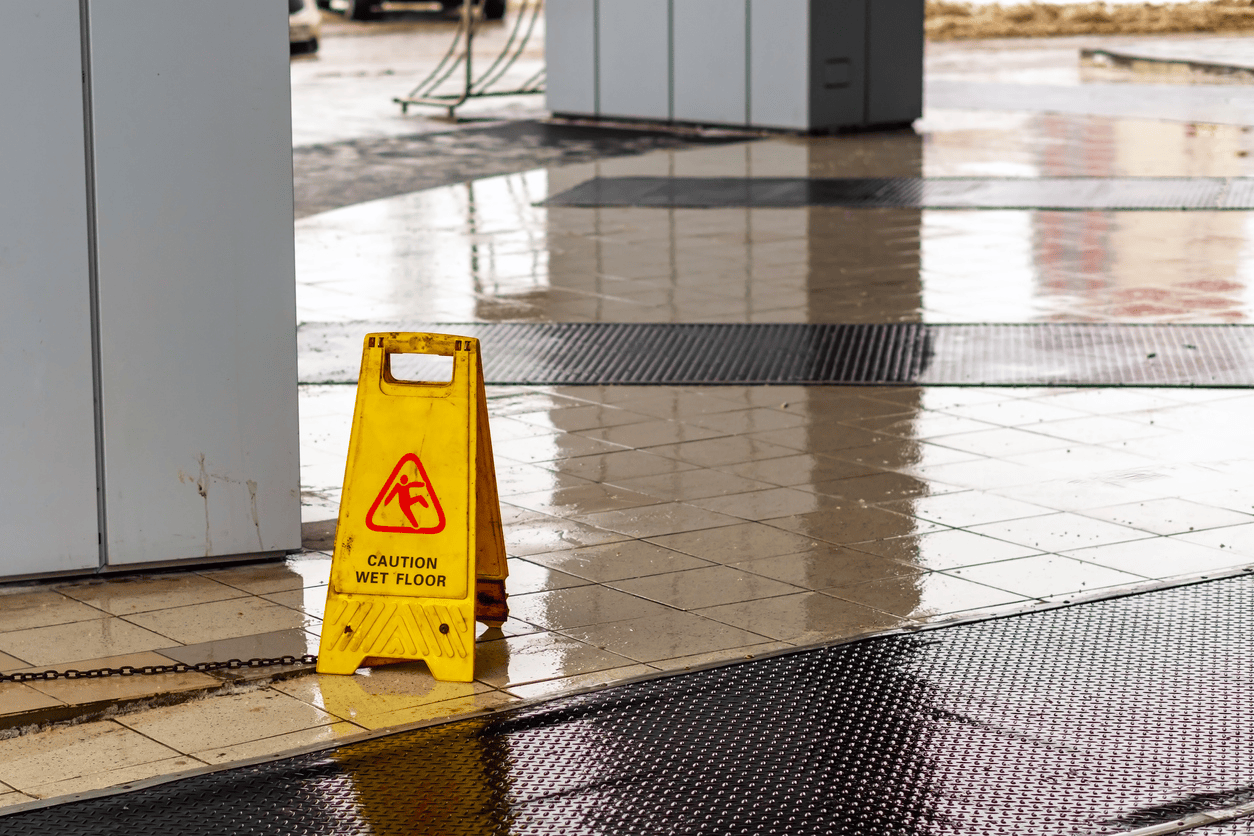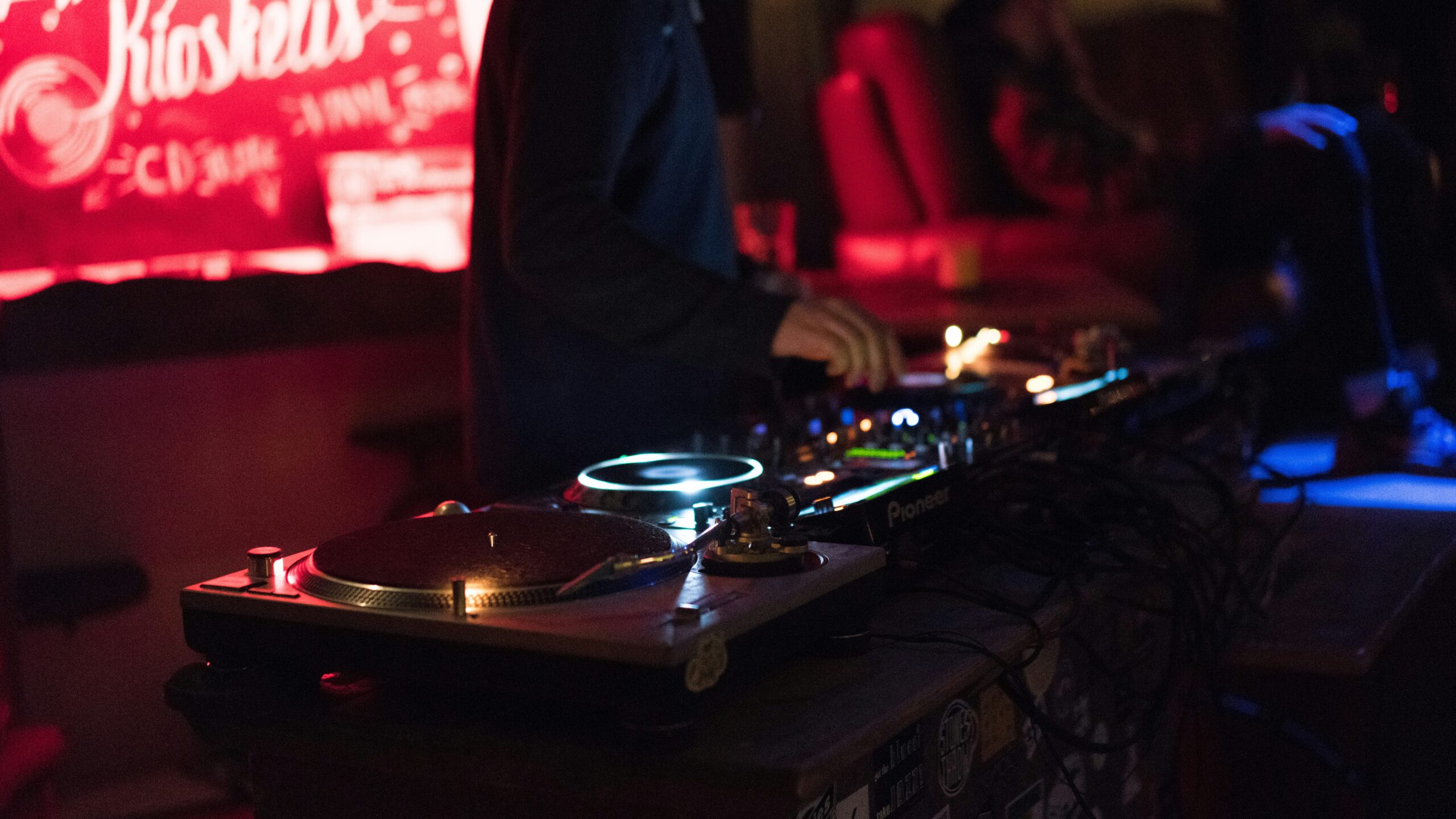
Living in a safe and habitable environment is a fundamental right for every tenant. However, sometimes landlords fail to maintain their rental properties, leading to unsafe living conditions. When this happens, tenants may need to take legal action to protect their rights and well-being. If you’re in Nevada and facing such issues, this guide will help you understand how to sue your landlord for unsafe living conditions, your rights as a tenant, and the steps involved in pursuing legal action.
Understanding Unsafe Living Conditions
Unsafe living conditions can significantly affect your health and safety. These conditions may include:
Insect Infestations: Persistent problems with roaches, bedbugs, or other pests.
Mold Growth: Unaddressed mold can lead to serious respiratory problems.
Structural Issues: Unsafe staircases, broken handrails, or other structural hazards.
Electrical Problems: Faulty wiring or electrical connections posing fire hazards.
Plumbing Issues: Leaking pipes, lack of hot water, or sewage backups.
Inadequate Heating or Air Conditioning: Failure to provide adequate heat or air conditioning (AC unit).
Lead Paint: Exposure to lead paint, especially dangerous in older buildings.
Lack of Essential Services: Absence of essential services like hot water, electricity, or security.
These conditions not only violate housing codes but also endanger tenants’ health and safety.
Tenant Rights and Responsibilities
Tenant Rights
Tenants have several rights designed to ensure their living conditions are safe and habitable:
Right to a Habitable Home: Landlords must provide and maintain rental properties in a habitable condition.
Right to Repairs: Landlords are obligated to make necessary repairs in a timely manner once notified.
Right to Withhold Rent: In certain circumstances, tenants may withhold rent until essential repairs are made.
Right to Legal Action: Tenants can sue property owners for failing to maintain safe living conditions.
Tenant Responsibilities
While tenants have rights, they also have responsibilities, including:
Paying Rent: Tenants must continue to pay rent even if repairs are needed.
Reporting Issues: Tenants should report unsafe conditions to the landlord promptly.
Maintaining the Property: Tenants should keep the rental property clean and avoid causing damage.
Can a Tenant Sue a Landlord for Unsafe Living Conditions?
Yes, a tenant can sue a landlord for unsafe living conditions if the landlord fails to address and repair the issues after being notified. The tenant must provide evidence of the unsafe conditions, prove they informed the landlord, and demonstrate that the landlord did not make necessary repairs in a reasonable time.
When Can a Tenant Sue a Landlord for Unsafe Living Conditions?
Grounds for Suing
A tenant can sue a landlord if:
The landlord fails to address reported unsafe conditions.
The living conditions pose a health or safety risk.
The landlord’s negligence leads to injury or property damage.
The landlord violates the terms of the written rental agreement regarding maintenance and repairs.
Proving Unsafe Living Conditions
To successfully sue a landlord, tenants need to prove that:
Conditions Were Unsafe: Evidence of the unsafe conditions, such as photographs, videos, or written notices.
Landlord Was Notified: Proof that the landlord was informed of the issues, such as emails, text messages, or written notices.
Landlord Failed to Act: Documentation showing the landlord’s failure to make necessary repairs in a timely manner.
Injury or Damage: Medical bills, repair costs, or other documentation showing the impact of the unsafe conditions.
Steps to Sue Your Landlord
Step 1: Notify Your Landlord
Before taking legal action, you must notify your landlord in writing about the unsafe conditions. This notice should:
Describe the issues clearly.
Request specific repairs.
Provide a reasonable timeframe for the landlord to address the issues.
Step 2: Allow Time for Repairs
Give your landlord a reasonable amount of time to make the necessary repairs. The timeframe may vary based on the severity of the issues and local laws.
Step 3: Gather Evidence
Collect evidence to support your case, including:
Photographs and Videos: Document the unsafe conditions.
Communication Records: Keep copies of all communications with your landlord regarding the issues.
Inspection Reports: Obtain reports from local health or housing authorities, if applicable.
Medical Records: Document any health issues resulting from the unsafe conditions.
Step 4: Send a Demand Letter
If the landlord fails to address the issues, send a demand letter outlining:
The unsafe conditions.
The actions you expect the landlord to take.
A deadline for the landlord to respond.
Your intention to take legal action if the issues are not resolved.
Step 5: File a Lawsuit
If the landlord still does not address the issues, you can file a lawsuit. There are different types of lawsuits you can consider:
Small Claims Court
For claims within the maximum amount allowed by Nevada small claims court, you can file a small claims lawsuit. This process is typically faster and less expensive than other court proceedings.
Civil Court
For more significant claims or if you seek damages beyond the small claims court limit, you can file a lawsuit in civil court. This process may involve more legal fees and time.
Step 6: Court Proceedings
During the court proceedings:
Present your evidence.
Testify about the unsafe conditions and their impact on your well-being.
Cross-examine witnesses, if necessary.
Seek legal representation to improve your chances of success.
Recoverable Damages in a Successful Claim
If you successfully sue your landlord, you may be entitled to recover various damages, including:
Repair Costs: Reimbursement for repair expenses you incurred.
Medical Bills: Compensation for medical expenses related to health issues caused by unsafe conditions.
Rent Abatement: Refunds for rent paid during the period of unsafe conditions.
Security Deposits: Return of tenant’s security deposit if you had to move out due to unsafe conditions.
Legal Fees: Reimbursement for legal fees incurred during the lawsuit.
How an Attorney Can Help You in a Case Against Your Landlord for Unsafe Living Conditions
Dealing with a legal dispute with your landlord can be complex and daunting, especially when dealing with unsafe living conditions. An experienced attorney can be invaluable in guiding you through this process and ensuring your rights are protected. Here’s how an attorney can assist you:
Understanding Your Rights: Attorneys clarify tenant rights under Nevada law regarding habitability standards, repair entitlements, and landlord obligations.
Assessing Your Case: Lawyers evaluate the strength of your case based on evidence of unsafe conditions and potential damages you may recover.
Gathering Evidence: They assist in collecting thorough documentation, including photos, repair requests, and witness statements, to build a strong case.
Providing Legal Advice: Attorneys offer expert guidance on legal remedies and procedural requirements, ensuring proper actions are taken.
Drafting and Sending Legal Notices: They craft clear, legally sound notices to inform landlords of unsafe conditions and intention to seek repairs.
Filing a Lawsuit: Lawyers prepare and file all necessary legal documents, representing you effectively in court proceedings.
Negotiating Settlements: They engage in settlement discussions to reach fair resolutions and secure compensation without going to trial.
Handling Court Procedures: Attorneys manage all procedural aspects, including motions, discovery, and court hearings.
Maximizing Recoverable Damages: They identify all potential claims and present compelling evidence to prove the extent of your damages.

Protect Your Rights with BLG
Suing a landlord for unsafe living conditions is a serious step, but it may be necessary to protect your rights and well-being. By understanding your rights as a tenant, gathering evidence, and following the legal process, you can hold negligent landlords accountable and ensure you live in a safe, habitable environment.
Living in unsafe conditions is unacceptable. Don’t let negligent landlords compromise your safety and well-being. If you’re dealing with unsafe living conditions, it’s time to take action. Our experienced attorneys at BLG specialize in tenant rights and landlord-tenant disputes. We will fight to ensure you get the justice and compensation you deserve.
Contact us today for a free consultation.
FAQs
How do you describe unsafe living conditions?
Unsafe living conditions refer to environments that pose significant health and safety risks to the occupants. Examples include structural damage, exposure to toxic substances (like lead or asbestos), lack of sanitation, inadequate heating or cooling, infestations of pests, and faulty electrical systems.
What constitutes uninhabitable living conditions?
Uninhabitable living conditions are those that violate basic standards of habitability and make a residence unsuitable for occupancy. This includes severe issues such as the absence of running water, non-functional sewage disposal, absence of heating in cold climates, serious infestations, and structural problems that risk collapse.
What defines unsafe housing?
Unsafe housing is defined by conditions that endanger the health, safety, or welfare of the occupants. This can include poor building structure, lack of necessary utilities (water, electricity), fire hazards, presence of mold or toxins, and any other violations of housing codes and regulations.
Who do I report a bad landlord?
To report a bad landlord, you can contact your local housing authority or building department. You may also reach out to tenant advocacy groups, legal aid organizations, or your local health department if the issues pertain to health and safety. Additionally, in many areas, you can file a complaint with a state or municipal agency that oversees landlord-tenant relations.





